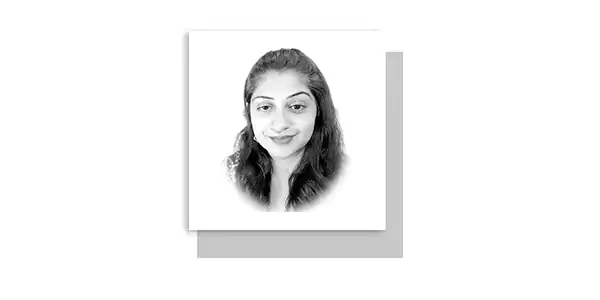ASK anyone which city in Pakistan defines the cultural essence—particularly when it comes to food—and Lahore will undoubtedly top the list. It’s a hotpot of explosive flavors and experiences, home to some of Pakistan’s most treasured historical sites and a blend of modernity that offers luxurious settings unlike any other city. But there’s a tragic irony to this cultural capital: Lahore now holds the dubious distinction of being ranked as the most polluted city in the world—again.
I had been planning a trip to my favorite city for some time now. The food scene is remarkable, the malls embody modern excellence, and the city’s energy is infectious. But with each passing year, the smog situation worsens, casting a heavy, toxic shadow over the city’s vibrancy. This year, the smog is not just an inconvenience—it’s an outright hazard, with the Air Quality Index (AQI) exceeding 1,000 for the first time in recorded history. There is no clear, breathable air in Lahore. Read that again.
The Punjab government declared this year that smog should be treated as a “year-round epidemic” rather than a seasonal issue. While the shift in approach was welcomed, it has failed to deliver any tangible and urgent strategies. The air quality is now worse than ever, and the public is paying the price. Primary schools up to Grade 5 have been closed for the week, with children forced to stay indoors due to the toxic air.
While no one expected fighting smog to be easy, it is baffling why the provincial government is still dragging its feet when concrete action is so desperately needed. The Pakistan Air Quality Experts’ Group—comprising leading researchers, doctors, and scientists—has condemned the current efforts as poorly planned, insufficient, and unlikely to make a meaningful difference. To make matters worse, Punjab authorities are deflecting responsibility by blaming cross-border pollution from India, pointing to stubble-burning and Diwali fireworks as contributing factors. This blame game feels like a convenient excuse rather than a serious attempt to tackle a domestic crisis years in the making.
There is a flicker of hope in the recent call by Punjab’s chief minister for a joint effort between the two Punjabs—Pakistan and India—to combat the smog. But local authorities have been instructed to go back to the drawing board, with the provincial environment minister stating that this week will be used for “research, mapping, and studies” to determine whether extended school closures are necessary. Really? Are we still stuck in phase one—planning? It’s astounding that, after years of deteriorating air quality, we are still in the stage of “reassessing” rather than acting.
While reflecting on past mistakes and formulating long-term strategies is important, the crisis unfolding in Lahore is the result of years of governmental failure to recognize the environmental costs of unchecked urbanization and industrialization. Lahore’s smog should serve as a dire warning: if we don’t act now, millions more will soon be choking on toxic air. The World Health Organization has already warned that the pollution is slashing the life expectancy of those living in affected regions. Can we really afford to remain in the phase of contemplating and strategizing while the air our children breathe grows more poisonous by the day? The time for talk is over. Lahore, and indeed the rest of Pakistan, cannot wait any longer.
—The writer is contributing columnist, based in Islamabad.










